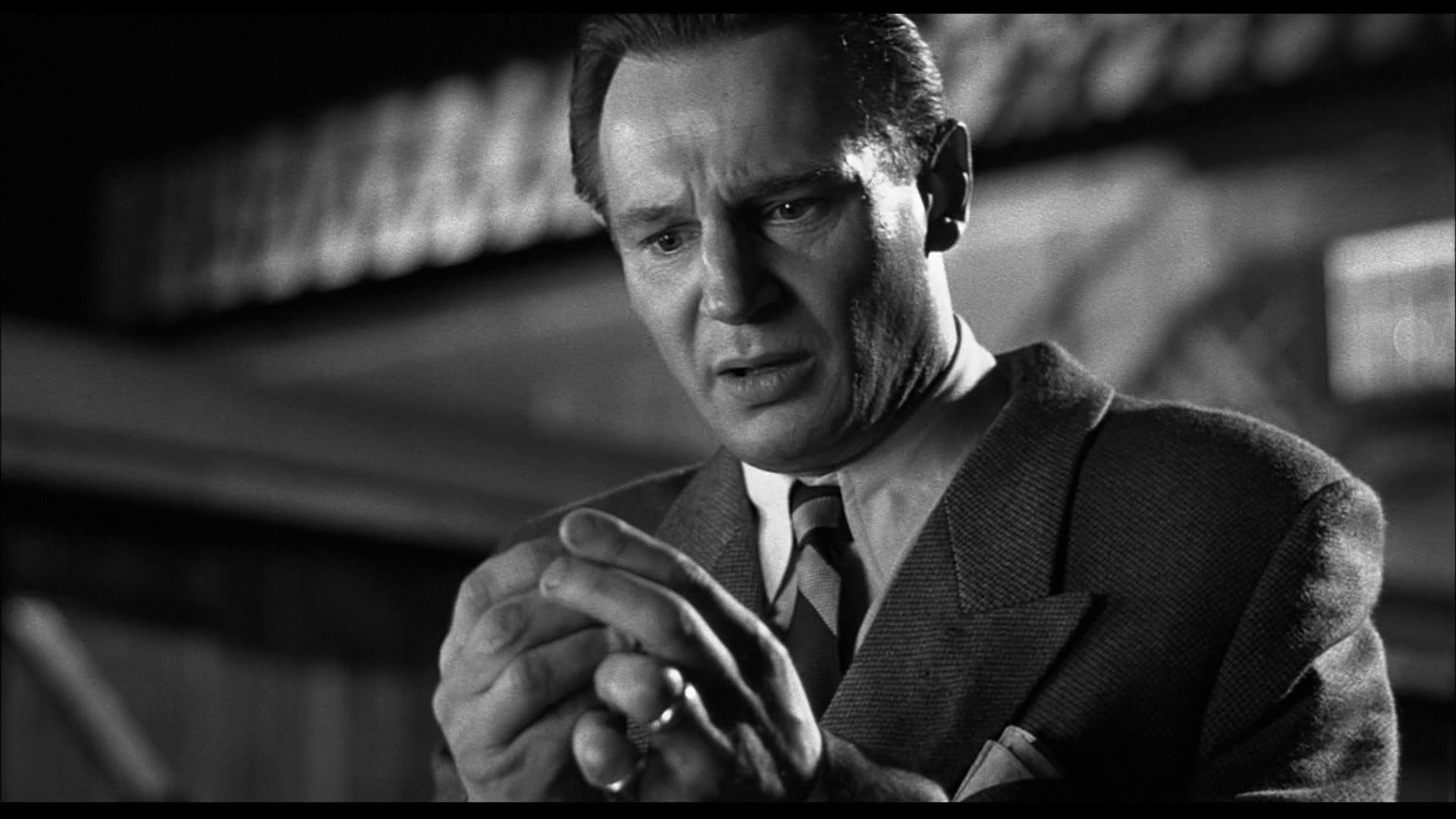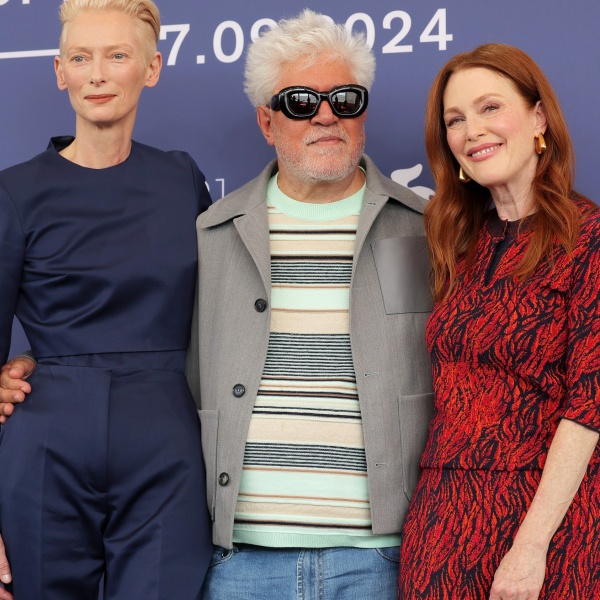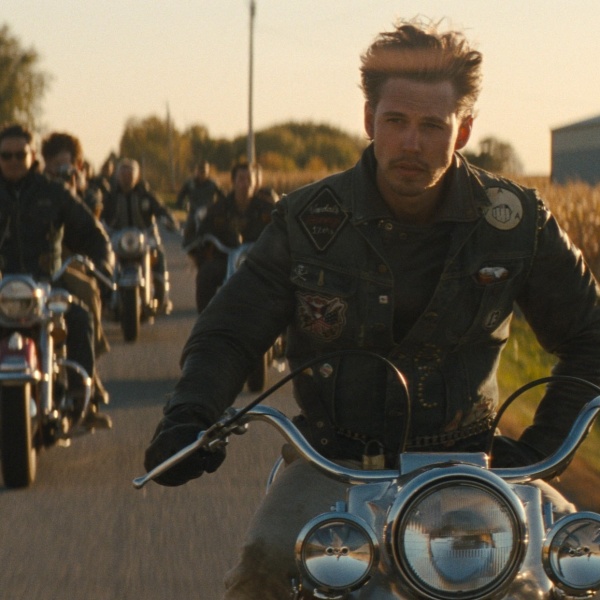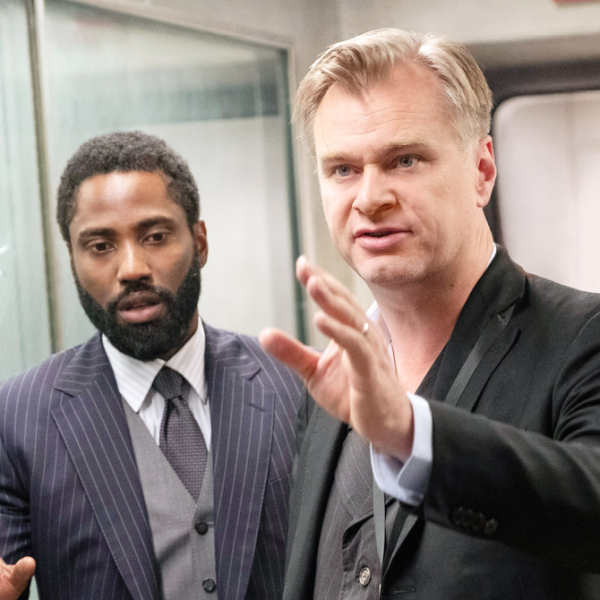Martin Scorsese is opening up about why he chose not to direct “Schindler’s List.”
The Oscar winner revealed in a wide-ranging interview with Deadline that he ultimately decided to hand “Schindler’s List” over to Steven Spielberg after the reception to his own controversial 1988 film “The Last Temptation of Christ.” The film depicted the life of Jesus Christ — including temptations toward lust — in ways that sparked outrage from some Christians.
“For ‘Schindler’s List,’ I hired Steve Zaillian, and Steve and I worked on the script. I was about to direct it. But I had reservations at a certain point,” Scorsese said. “Don’t forget, this is 1990, I’d say. I did ‘The Last Temptation of Christ’ in 1988. The whole point of that movie was to start a dialogue about something which is still important to me, which is the nature — the true nature — of love, which could be God, could be Jesus. I’m not being culturally ambivalent here, it’s what’s in us. Is God in us? I really am that way; I can’t help it. I like to explore that. I wanted a dialogue on that. But I didn’t know about all that yet.”
He continued, “So, I did ‘Last Temptation,’ I did it a certain way, and ‘Schindler’s List’ was scuttled by its reception. I did the best I could. I went around the world. Any arguments, I took ’em on. I may have been wrong, but I’m not sure you can be wrong with dogma. But we could argue it.”
Scorsese was concerned that his own Christianity would impact the reception of Holocaust drama “Schindler’s List” if he directed it.
“In the case of ‘Schindler’s List,’ the trauma I had gone through was such that I felt to tackle that subject matter…I knew there were Jewish people upset that the writer of ‘The Diary of Anne Frank’ was gentile,” the “Killers of the Flower Moon” auteur said. “I heard that there were people who complained about Schindler, that he used the inmates to make money off them. I said, ‘Wait a minute.’ I could, well, not defend him, but argue who he was. I think he was an amazing man, but I didn’t know if I was equipped for it at that time. I didn’t have the knowledge.”
Enter: Spielberg.
“I remember Steve Spielberg, over the years, mentioning it to me all the time. He held up the book when we [were] on a plane going to Cannes, and he said, ‘This is my dark movie and I’m going to make it.’ That was back in 1975,” Scorsese recalled. “And I said, ‘Well, I have “The Last Temptation of Christ,” and I’m going to make that.’”
Scorsese continued, “I used the phrase at the time, ‘I’m not Jewish.’ What I meant was, it’s the old story that the journey had to be taken by a Jewish person through that world, and I think Steven also learned that. He came from, where is ‘The Fablelmans’ set, Phoenix? He told me there were only 200 Jews in Phoenix. I couldn’t believe it. Because I come from the Lower East Side, and grew up with the Jewish community. I wasn’t being altruistic, but it just made sense to me that he was the person who really should go through this. I was concerned that I wouldn’t be able to do justice to the situation.”
Scorsese also pointed out that his own career status might have ultimately hurt the 1993 period piece film directed by Spielberg, which went on to win seven Oscars including Best Picture, Best Director, and Best Adapted Screenplay.
“I guarantee you, if I did it, it would not have been the hit that it became,” Scorsese said. “It may have been good, that I can tell you. I had some ideas. Most of it’s there. I had a different ending. I admired the film greatly. But I know that my films just don’t go there. They don’t go to the Academy.”
Scorsese won his first directing Oscar in 2007 for “The Departed” after 13 nominations, including for “The Last Temptation of Christ.”
“You’ll say, ‘But you’ve got so many nominations!’ Yeah, that’s true. But when Paul Schrader and I were not nominated for Best Screenplay and for directing ‘Taxi Driver,’ that set the tone,” Scorsese said. “I realized, ‘Just shut up and do the films.’”





